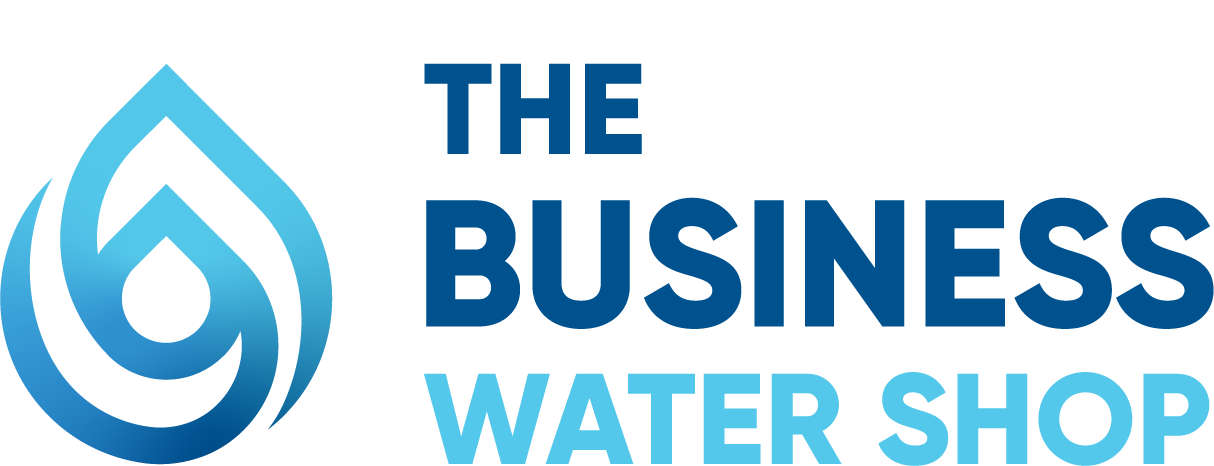5 points to check before renewing your business water contract
Reviewing any kind of contract is always something that needs proper time and attention, and your business water contract is no different. It affects how much you pay, how your services are delivered, and how much flexibility you have when your organisation changes. Every clause and charge plays a part in shaping your costs, so making sure you’ve got the time to properly review the contract can help to prevent expensive surprises later.
The renewal period is also your best chance to review usage data, explore more competitive tariffs, and make sure your supplier still provides the service levels that your business expects. If you can, it helps to treat it as a full audit of your water account rather than an automatic renewal. And of course, there may be times when you decide you’re not happy with the standard of service from your business water supplier – and you may even consider whether it’s worth switching business water suppliers. If so, that’s exactly where we can help here at The Business Water Shop! But let’s not get ahead of ourselves – if you’re currently looking at reviewing your existing contract, here’s what you need to watch out for.

1. Contract length and end date
It’s best to start by confirming the exact duration of your current contract and the date that it expires. Many suppliers renew contracts automatically unless they’re explicitly given notice, and often default terms can lead to higher costs. Checking the end date early can give you extra time to compare offers, gather quotes, and prepare documentation before renewal deadlines.
It’s also worth evaluating whether the contract length still suits your business cycle. For example, if you’re a manufacturer planning site expansion, you might prefer a shorter agreement that allows adjustments, whereas if you’re an office-based organisation with steady consumption, you might instead benefit from locking in rates for a longer term. You can also align the contract duration with your financial planning, to avoid mismatched commitments and maintain flexibility for future operational changes. It often helps to keep details recorded in the business calendar, so that you can act promptly when the renewal window opens.
2. Renewal quotes from different suppliers
It’s a good idea to compare renewal offers to see whether your current supplier still provides good value. Indeed we can help with that at The Business Water Shop – you can use the dedicated page on our site to compare rates now. Water retailers set their own pricing structures, so rates and fees tend to vary considerably across the market.
Plus, it’s a good opportunity to look at any service extras included in each quote. Some suppliers add meter-reading schedules, online account management, or additional reporting tools, which may improve convenience or compliance. When you review quotes side by side, calculate the estimated annual spend for each one based on your business’s real consumption figures so you get a true comparison rather than relying on headline rates alone.
With this part, it helps to go for a data-led approach with something like a well-organised spreadsheet or procurement record; this can give your team full visibility over every offer and can support better, evidence-based decisions while making it easier to log every offer and make an informed decision later.
3. Terms that affect your future costs
Make sure to review all contractual terms that influence spending over time. These include any clauses that cover price reviews, inflation links, or adjustments based on regional wholesale changes. Don’t forget to identify which parts of the contract are fixed and which may fluctuate, so you can anticipate changes and plan accordingly. That minimises the risks of any misunderstandings about sudden rate increases mid-term, and gives you clearer oversight of your long-term budget exposure.
Billing procedures are another area that also deserve attention. Some contracts set specific payment methods or invoice frequencies that can affect your company’s cash flow. Late payment charges, administrative fees, and meter access charges can all appear in small print, so it’s worth confirming them in writing before signing. If you manage multiple sites, you may also find it helpful to whether consolidated billing is available, as that can simplify accounting and reduce administrative work.
4. Your business’s water consumption patterns
It can be valuable to analyse how much water your business uses, where, and when. Make a point to review meter readings and previous invoices to identify peak periods or unexplained spikes – those insights often highlight whether certain tariffs remain cost-effective. If you operate seasonally or on shift schedules, fluctuations in consumption can change the suitability of a tariff, so presenting accurate usage data to suppliers helps you to secure quotes that match your actual demand. Your business can track water consumption over time to gain leverage during renewal discussions and present accurate data to potential suppliers.
It’s also useful to look at how operational changes might be affecting your usage. Equipment upgrades, water-efficient fixtures, or production adjustments can all alter consumption levels. If you’ve recently invested in sustainability or efficiency measures, the new data might support a revised tariff band or lower standing charge. This is one of the many reasons why it helps to keep accurate records – it supports internal environmental reporting and compliance goals while providing suppliers with the information they need to properly tailor quotes.
5. Renewal dates and notice periods
It’s best to review the renewal schedule in your current agreement and confirm the length of notice your supplier requires. Missing a notice deadline can automatically extend the contract or move you onto a default tariff. If you can, try and store those key dates centrally — ideally in a procurement system or shared calendar — and assign them to a named person; this can give your business consistency across its procurement process and can prevent missed renewals.
It’s advisable to check how the notice must be submitted. Some suppliers require formal letters or signed documents, while others accept digital notifications. Knowing that can make all the difference as to whether you’re able to prepare the correct paperwork without last-minute pressure. Again, if you operate multiple sites or you have different water accounts, each one may have its own renewal date, so keeping a master list can go a long way to avoiding confusion.
Here at The Business Water Shop, we like to do everything we can to make life easier for you – and that includes the process of switching your business water supplier, should you decide to do so. Our network of trusted suppliers encompasses the whole of the UK, which makes us the perfect option to get you the most competitive water quotes for your business. We’ve even been able to save some customers up to 55% on their water bills, and you can count on us to use all our resources and industry expertise to get you the best deal.
It only takes a few minutes to get your online quote – so if you’re thinking about moving to switch business water suppliers, there’s never been a better time to do it!



 Excellent 5* Rating
Excellent 5* Rating



